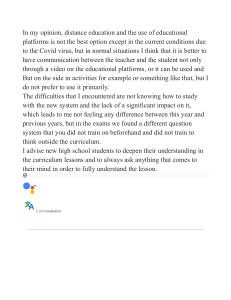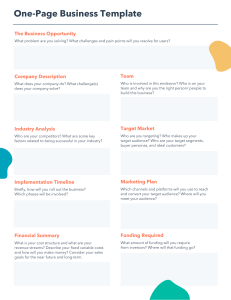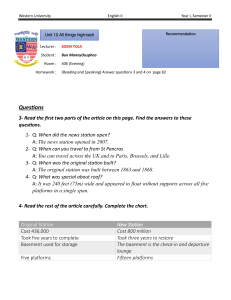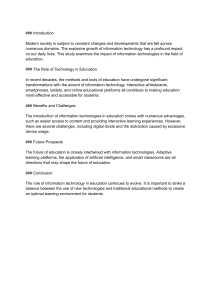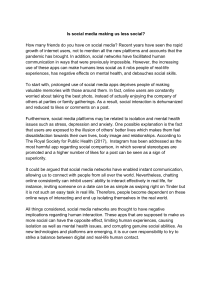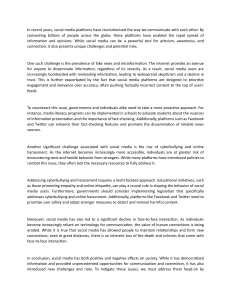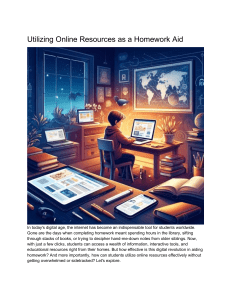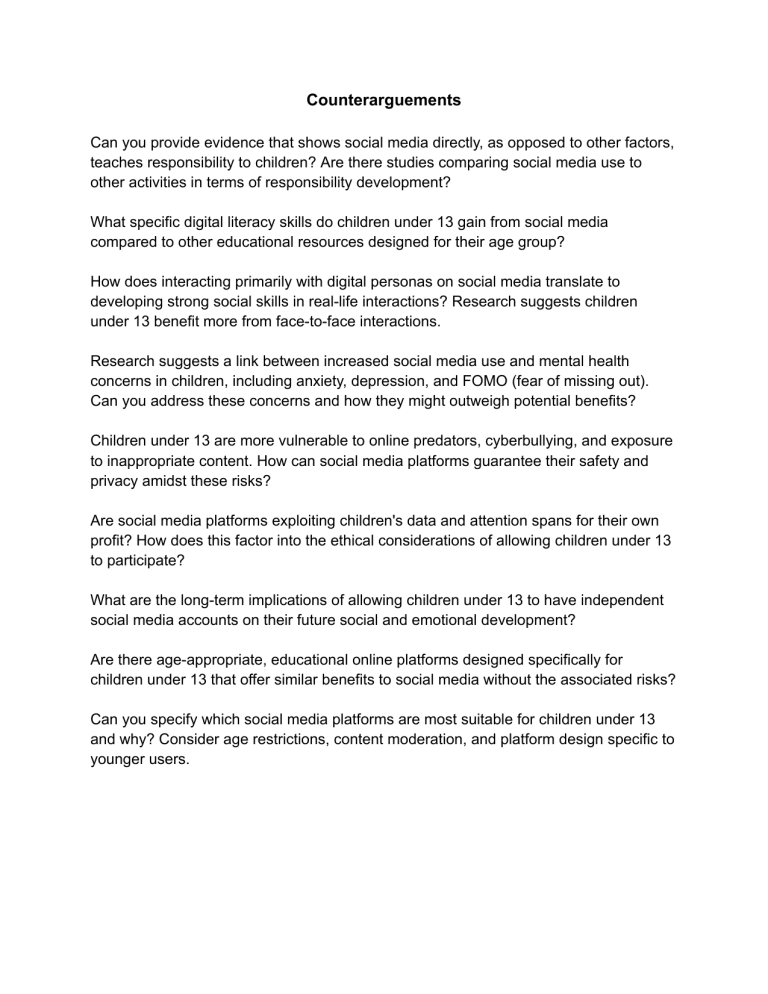
Counterarguements Can you provide evidence that shows social media directly, as opposed to other factors, teaches responsibility to children? Are there studies comparing social media use to other activities in terms of responsibility development? What specific digital literacy skills do children under 13 gain from social media compared to other educational resources designed for their age group? How does interacting primarily with digital personas on social media translate to developing strong social skills in real-life interactions? Research suggests children under 13 benefit more from face-to-face interactions. Research suggests a link between increased social media use and mental health concerns in children, including anxiety, depression, and FOMO (fear of missing out). Can you address these concerns and how they might outweigh potential benefits? Children under 13 are more vulnerable to online predators, cyberbullying, and exposure to inappropriate content. How can social media platforms guarantee their safety and privacy amidst these risks? Are social media platforms exploiting children's data and attention spans for their own profit? How does this factor into the ethical considerations of allowing children under 13 to participate? What are the long-term implications of allowing children under 13 to have independent social media accounts on their future social and emotional development? Are there age-appropriate, educational online platforms designed specifically for children under 13 that offer similar benefits to social media without the associated risks? Can you specify which social media platforms are most suitable for children under 13 and why? Consider age restrictions, content moderation, and platform design specific to younger users.
